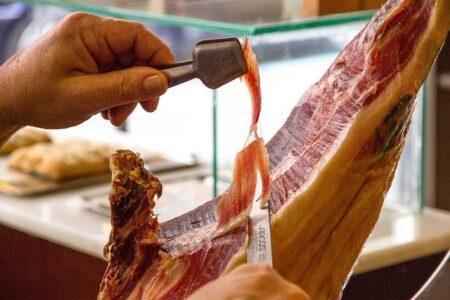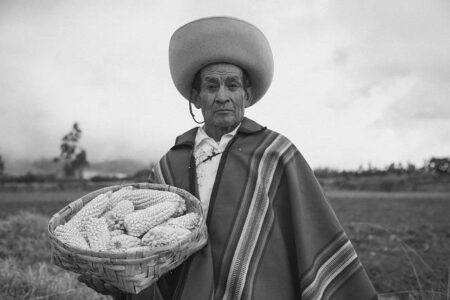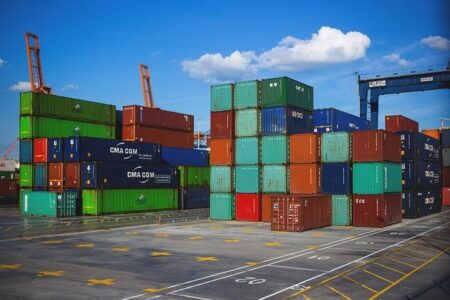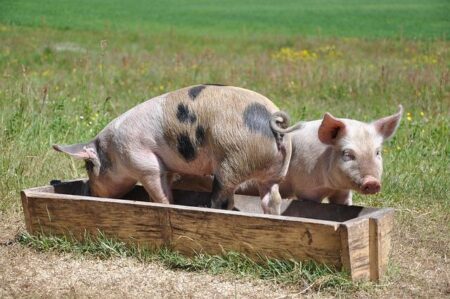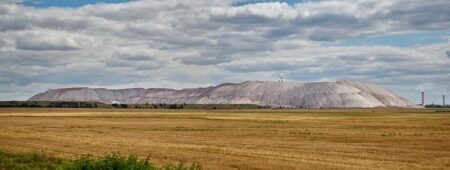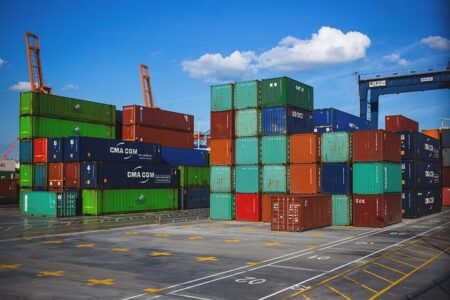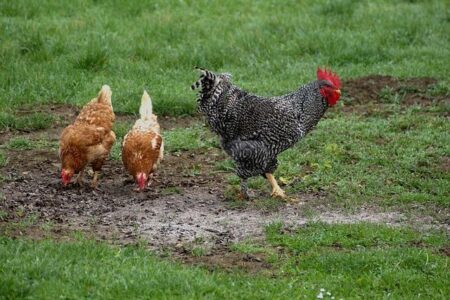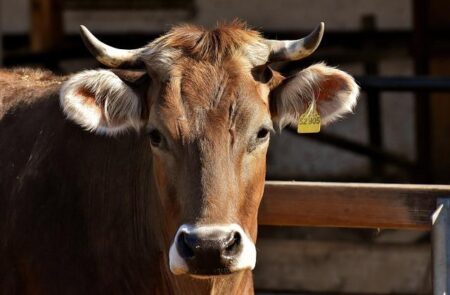Brazil Potash is thrilled to announce its SUFRAMA registration, unlocking vital tax incentives that fuel rapid growth. This game-changing achievement will turbocharge the company’s mining operations and open the door to exciting new investment opportunities in Brazil’s booming potash sector
Browsing: agriculture
Argentina’s YPF is preparing to sell its fertilizer business, marking a bold step to concentrate on its core energy assets, Bloomberg sources reveal. This strategic move underscores the company’s dedication to streamlining operations and charting a dynamic new course for the future
France is taking the lead in blocking the EU-Mercosur trade deal, sounding the alarm over inadequate protections for its farmers. Paris demands stronger safeguards before it will approve the agreement
Spain has just reported eight new suspected cases of African swine fever, raising alarm bells over potential export restrictions. In response, authorities are intensifying efforts to contain the outbreak and safeguard the economy
French farmers are standing their ground in the fiery “stop the slaughter” protests, passionately fighting back against plummeting prices and a flood of imports. From coast to countryside, demonstrations are erupting nationwide, casting a powerful spotlight on the growing unrest rocking France’s agricultural heartland
Heavy rains in Brazil have lifted worries about crop growth, igniting fresh optimism for a bumper harvest. However, these wet conditions have also pushed coffee prices down, triggering a steep decline in global markets
France reports that a recent cattle disease outbreak is now under control, yet farm protests continue to sweep across the country. Farmers remain vocal, raising urgent concerns about livestock health and the effectiveness of government actions
Mozambique’s President embarked on a vibrant visit to Rome, setting the stage to strengthen ties as Italy intensifies its agribusiness collaboration. This thrilling initiative aims to elevate trade, draw in investment, and cultivate sustainable agricultural partnerships between the two nations
Rice stocks plunged dramatically as Trump reignited tariff threats against India, accusing the nation of dumping rice. Kohinoor’s shares fell 10%, underscoring mounting market fears amid escalating trade tensions
Italy sounds the alarm as soaring olive oil prices spark a wave of fraud and violent clashes. Authorities urge increased vigilance in response to rising reports of counterfeit products and criminal conflicts threatening the very future of this cherished industry
France is back in the spotlight as local tomato growers flood the streets, fiercely protesting against Moroccan imports they say undercut their livelihoods. This fiery clash exposes the ongoing struggles and deep tensions within the horticulture industry over trade and pricing
Spain’s pork exports are facing tough challenges as African Swine Fever (ASF) outbreaks disrupt supply chains. With authorities stepping up controls, the ongoing ripple effects continue to put Spain’s position in the global market to the test
Brazil, the world’s leading coffee producer, is revolutionizing its bean selection to combat climate change and meet evolving consumer tastes, sources tell Bloomberg. This ambitious approach aims to boost sustainability while solidifying Brazil’s dominance in the global coffee market
Brazil’s orange crop forecast for the upcoming season has been revised down to 306.7 million boxes, reveals FreshPlaza. This adjustment underscores the harsh weather conditions and market hurdles that are squeezing yields and challenging growers like never before
Canadian potash powerhouse Nutrien is gearing up to transform its export game with a cutting-edge new terminal in the U.S., completely bypassing British Columbia. Officials say this daring shift will supercharge operations and open the door to quicker access to key markets
The Trump administration has raised concerns that Argentine beef might be diseased, but it hasn’t ruled out continuing imports. This situation highlights the ongoing tensions between the U.S. and Argentina over food safety and trade
China, Spain, and the Netherlands have surged ahead as the world’s top exporters of fruit and vegetables, captivating global markets with their impressive agricultural output and efficient supply chains, Hortidaily reports
Hickman’s Family Farm is about to embark on an exciting new journey! A Brazilian company is joining forces with a global food organization to acquire the farm. This powerful partnership aims to grow operations and strengthen their market presence, KTAR News 92.3 FM reports
Ranchers across the U.S. are sounding the alarm over President Trump’s plan to boost beef imports from Argentina, warning it could jeopardize local businesses and put American jobs at risk. Meanwhile, the administration remains steadfast, touting the move as a bold step toward strengthening trade partnerships
US beef faces ongoing challenges in Q3 as JBS reports falling volumes and tightening margins, while Australia’s beef industry thrives with strong export growth and soaring profits, highlighting a powerful shift in the global market landscape




